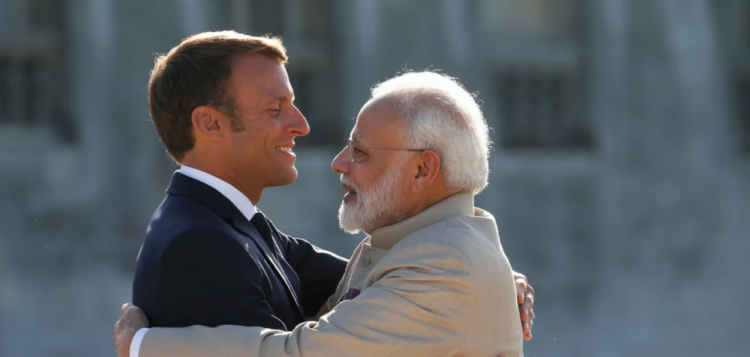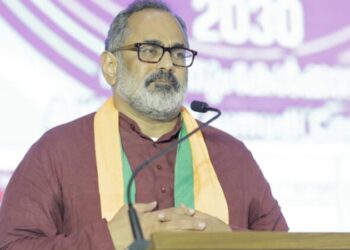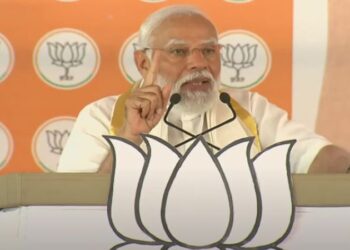France has granted approval to Safran, a major defence company, to collaborate with India in the design, development, testing, manufacturing, and certification of an engine for twin-engine advanced multi-role combat aircraft (AMCA) and twin-engine deck-based fighters for Indian aircraft carriers. Reports say that while the deal details remain undisclosed, officials have confirmed Safran’s offer of 100% technology transfer.
During the Paris Air Show 2023, Dr. Samir V Kamat, the chief of DRDO (Defence Research and Development Organisation), visited Safran’s engine factory and R&D centre near Paris. The proposal for the engine collaboration has been discussed in the strategic dialogue between the defence minister and the National Security Advisor of India with their counterparts in France.
Prime Minister Narendra Modi is scheduled to visit France on July 13 to participate in Bastille Day celebrations. During his visit, he is expected to hold bilateral talks with President Emmanuel Macron. The Indian Air Force’s Rafale fighter aircraft will also take part in the Bastille Day fly-past on July 14.
According to reports, the French offer includes a completely new engine, incorporating new materials and architecture, with full supply chains and ancillary manufacturing based in India. Additionally, Safran plans to establish a centre of excellence in gas turbine technology in India, equipped with comprehensive design and metallurgical precision software tools.
The French offer aligns with Safran’s upcoming facility in Hyderabad, which will handle maintenance, repair, and overhaul services for LEAP engines used in A320 and Boeing 737 aircraft. Safran is already developing a 125 KN engine for the next-generation fighter jet.
Safran engines now power HAL (Hindustan Aeronautics Limited) helicopters, and the two firms have allegedly agreed to collaborate on engine development for Indian multi-role helicopters.
Safran has also established local sourcing in India for engine parts used in LEAP and M-88 engines. They have their own facilities in India as well as ancillary units, such as a company in Lucknow producing titanium alloy parts for LEAP and Rafale engines.
Although the investment involved in the entire process, from design to flight, amounts to several billion Euros, the French claim that their offer is highly competitive by international standards. The advantage for India is that it will acquire 360-degree capability and full ownership of engine technology through this collaboration.












Comments